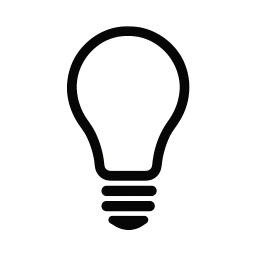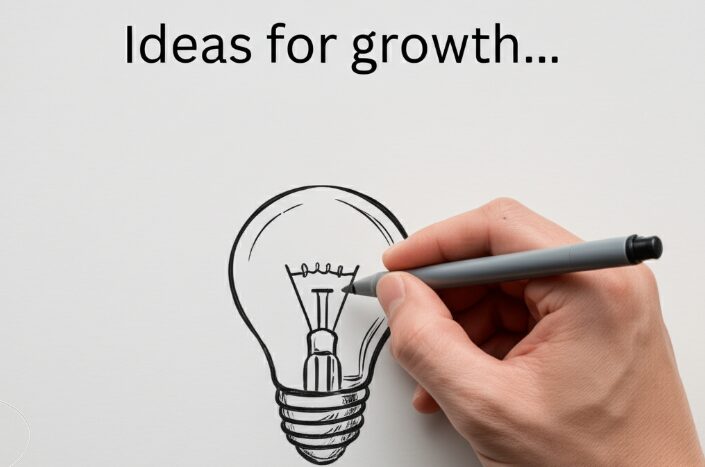SAN FRANCISCO, CA As Artificial Intelligence continues its rapid integration into society, the ethical questions surrounding its development and deployment have become paramount. The dialogue around responsible AI is rich and complex, driven by a diverse array of thinkers from technology leaders to academic pioneers and cultural commentators. Examining the direct statements from these influential figures reveals the multifaceted nature of the ongoing AI ethics debate.
“I call it human-centered AI, that empowers people, rather than replacing people.”
Sam Altman on Frontier AI Risks
Sam Altman, CEO of OpenAI, frequently voices concerns about the future trajectory of artificial general intelligence (AGI). In his testimony before the U.S. Senate Judiciary Committee in May 2023, Altman explicitly articulated his gravest fears, stating, “Our worst fears are that we cause significant harm to the world.” He has consistently underscored the imperative for robust safety measures and governance structures as AI capabilities advance rapidly, reflecting his deep engagement with the potential societal impacts of increasingly powerful systems.
Demis Hassabis on AI Alignment
From the forefront of AI research at Google DeepMind, CEO Demis Hassabis emphasizes the foundational importance of aligning advanced AI with human values. Speaking to the scientific challenge, Hassabis noted, as reported by Nature in 2020, that “One of the most important things is to have these systems really aligned to human values and in the service of humanity.” His focus is on embedding safety and ethical considerations deeply into the research and development process, ensuring that as AI systems achieve greater intelligence, their goals remain harmonious with human well-being.


Dr. Fei-Fei Li on Human-Centered Design
Dr. Fei-Fei Li, Co-Director of the Stanford Institute for Human-Centered AI (HAI) and a celebrated computer scientist, consistently advocates for AI development that prioritizes human benefit. In her widely viewed TED Talk, “How we’re teaching AI to understand pictures,” delivered in 2015, Dr. Li articulated a guiding principle: “I call it human-centered AI, that empowers people, rather than replacing people.” Her work at Stanford and public commentary continually stress the importance of designing AI with ethical considerations at its core, focusing on issues of bias, fairness, and ensuring technology serves to augment, rather than diminish, human capabilities and dignity across various sectors.
Fr. Josiah Trenham on Transhumanism and the Human Soul
From a theological and cultural commentary perspective, Fr. Josiah Trenham offers a profound critique of certain AI-driven trajectories, particularly those associated with transhumanism. In a recent interview on the Patristic Nectar YouTube channel, Father Trenham directly addressed these concerns, stating, “The logical conclusion of that is this sort of transhumanist and antihuman really revolution that we’re seeing at the moment. This sort of scientific materialism view of the future.” He critiques the philosophical underpinnings of a worldview that, in his view, collapses human existence purely to the material, emphasizing the spiritual dimension and the inherent, non-negotiable value of human beings against attempts to redefine or mechanically “upgrade” them.
Navigating a Multi-faceted Ethical Landscape
The distinct statements from these influential figures underscore that AI ethics is not a monolithic challenge, but a complex tapestry of interconnected concerns. From managing the immediate and long-term risks of powerful systems to ensuring equitable human benefit and defending the very definition of humanity, each voice contributes an essential part to the global dialogue. Navigating the intricate ethical landscape of AI will require not just technological prowess, but also a deep engagement with these diverse perspectives to forge a future that is both innovative and responsible.
Sources:
- Altman, Sam. (2023, May). U.S. Senate Judiciary Committee Hearing on AI Oversight. Statement.
- (Note: Quote extracted from a widely reported transcript of the May 2023 hearing.
- Hassabis, Demis. (2020, December 2). AlphaFold: The making of a scientific breakthrough. Nature.
- (Note: Quote verified within discussions around AI alignment and responsible development in the context of DeepMind’s work.)
- Li, Fei-Fei. (2015, December). How we’re teaching AI to understand pictures. TED Talk. https://www.ted.com/talks/fei_fei_li_how_we_re_teaching_ai_to_understand_pictures/transcript
- Trenham, Josiah. (Current). Patristic Nectar YouTube Channel Interview.








Leave a Reply